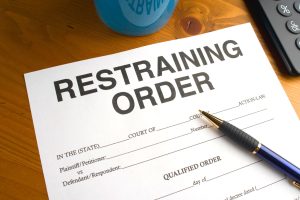One of the most pressing concerns for many criminal defense clients facing Broward domestic violence charges is how it could potentially impact child custody. It’s important to understand that in addition to criminal case restrictions and penalties, domestic violence charges and convictions can significantly affect your ability to gain or maintain custody of your children. 
Family courts in Florida prioritize the safety and well-being of children above all else. Although these cases are separate (with domestic violence charges generally being handled in criminal court and child custody matters handled in civil court), allegations of domestic violence can result in severe consequences for parents – even before criminal conviction.
Working with an experienced domestic violence criminal defense lawyer, you may benefit from well-planned defense strategies that can help minimize the negative impact in both criminal and civil courts.
The Connection Between Domestic Violence and Child Custody
In Florida, family courts are obligated to consider the best interests of the child when determining custody arrangements. Florida Statutes § 61.13 specifically direct judges to consider domestic violence as a key factor when making custody decisions. Even allegations of domestic violence, whether they result in a conviction or not, can impact the court’s view of a parent’s fitness to care for their child.
Here are the primary ways domestic violence charges can affect child custody: Continue reading
 Fort Lauderdale Criminal Attorney Blog
Fort Lauderdale Criminal Attorney Blog




